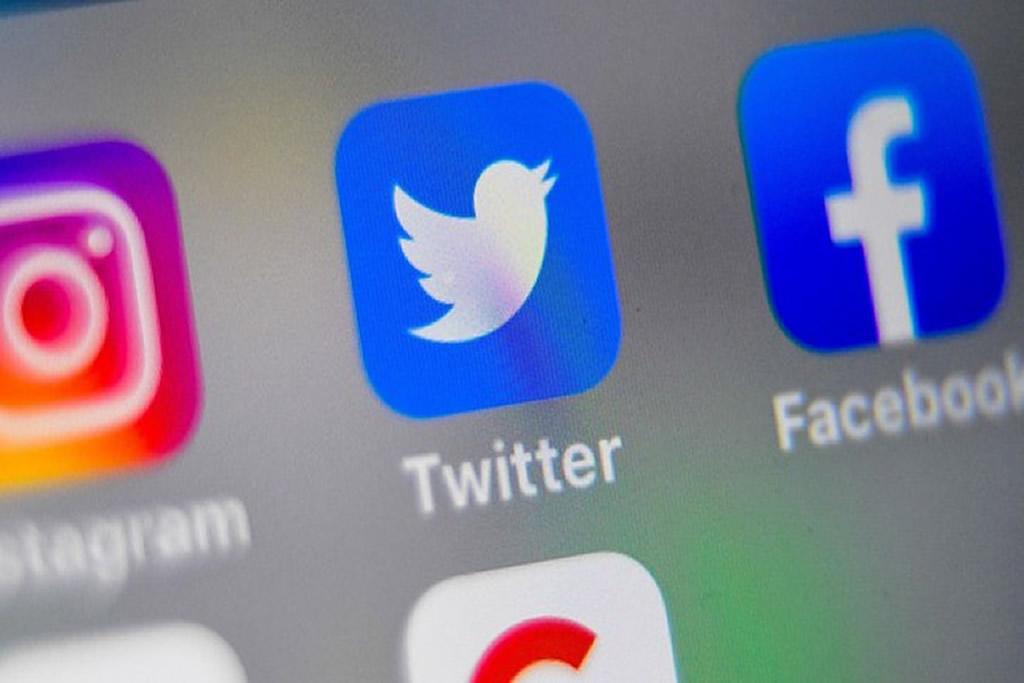
Risks and authors of narratives and disinformation around COVID-19
Last updated on February 27th, 2023 at 06:32 am
Fake news and misleading narratives about the new coronavirus, COVID-19, continue to fill digital platforms and social network pages around the world, with potentially harmful consequences for public health, economy and international relations. Some state actors and think thank connected to them try to exploit the current global emergency to advance some geopolitical interests or to promote their own strategic agendas. Claims that the EU is disintegrating in the face of COVID-19 are trending on social media in the Arab world and in Asia as articles covering conspiracy narratives such as that “the virus was man-made” or intentionally spread through 5G internet providers.
At the beginning of the pandemic, in the Chinese information space, there were attempts to suggest for instance that the new coronavirus was brought to Wuhan by US military personnel during the World Military Games in October, or that it may have originated in Italy. In Montenegro, the government’s emergency measures were framed by actors as being directed at the Serbian Orthodox Church. Miracle cures and vaccines ready in short time were reported by many editors with potentially devastating effects on public health and social cohesion. In Africa, hate campaigns against social and ethnic groups are going viral in some countries. China’s proactive communication around support delivery creates reputational challenges for other donors.
A research of the European Union External Action (EASS) evidenced that in false and distorted health information continues to circulate widely in the Turkish social media, while COVID-19 is nurturing anti-EU discourses and criticism towards the EU, also more publicly in Turkey of Recep Tayyip Erdogan. In the Western Balkans – EEAS revealed – conspiracy theories suggesting the virus is a US bioweapon or pretext for a foreign invasion continue trending. The COVID crisis is linked to the existing narrative that the EU is “turning its back” on the Western Balkans and to Italy. Chinese state-controlled media and social media channels strongly promoted the idea that the Chinese model is superior in tackling COVID-19, while highlighting global expressions of gratitude for Chinese aid delivery, including in Italy while EU was not doing anything.
The EU is failing to deal with the pandemic, the Union is about to collapse. The European Union accused pro-Kremlin sources to be behind this worldwide misinformation campaign, but also several domestic networks/sources in EU Member States, Eastern Partnership countries, the MENA region, the Western Balkans, and African countries. In the MENA region, for instance, the idea that the EU is “dismantling” in the face of COVID-19 is widely propagated as well Italian Prime Minister, Giuseppe Conte, entrusting his country to the will of God having finished the earthly possibilities. Words that obviously Conte never pronounced.
Since August 2019, ProPublica has tracked more than 10,000 suspected fake Twitter accounts involved in a coordinated influence campaign with ties to the Chinese government. Among those are the hacked accounts of users from around the world that now post propaganda and disinformation about the coronavirus outbreak, the Hong Kong protests and other topics of state interest. They included a professor in North Carolina, a graphic artist and a mother in Massachusetts, a web designer in the U.K., and a business analyst in Australia.
Governments are increasingly facing with the choice of limiting press freedom or protecting their interests and public health. Reporters Without Borders (RSF), launched recently “Tracker 19”, a tool made for an unprecedented global crisis. So named in reference not only to Covid-19 but also article 19 of the Universal Declaration of Human Rights, which affirms that everyone has the right to freedom of opinion and expression; this right includes freedom to hold opinions without interference and to seek, receive and impart information and ideas through any media and regardless of frontiers. RSF project aims to evaluate the pandemic’s impacts on journalism. It will document state censorship and deliberate disinformation, and their impact on the right to reliable news and information.
Tiger at US zoo becomes first animal to test positive for Covid-19





[…] Risks and authors of narratives and disinformation around COVID-19 […]